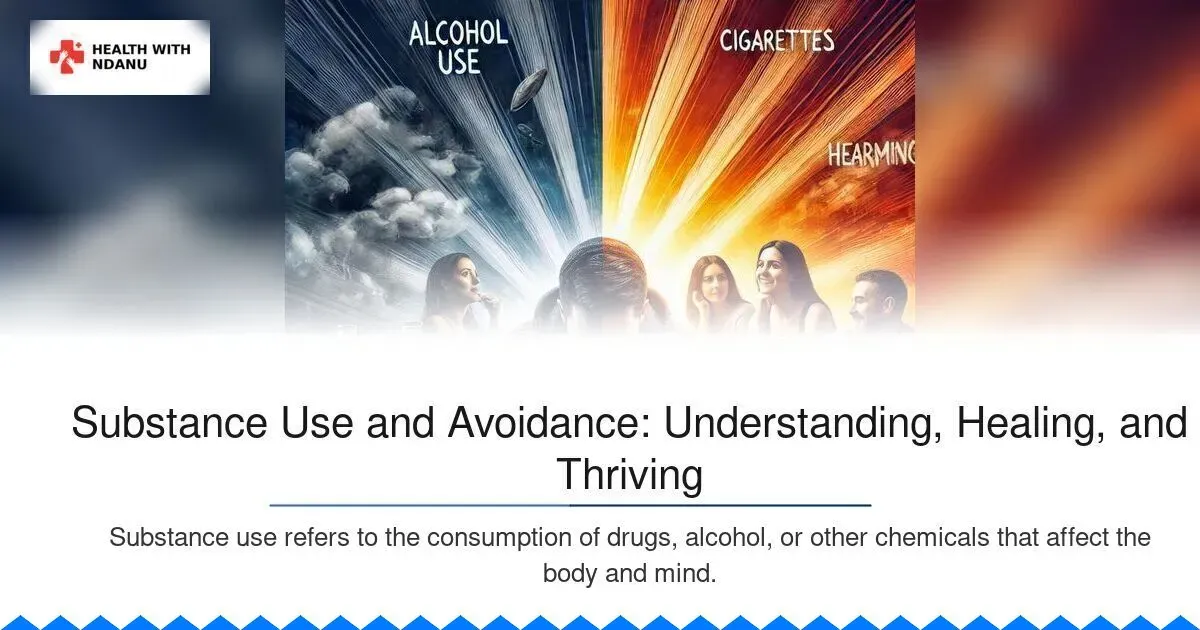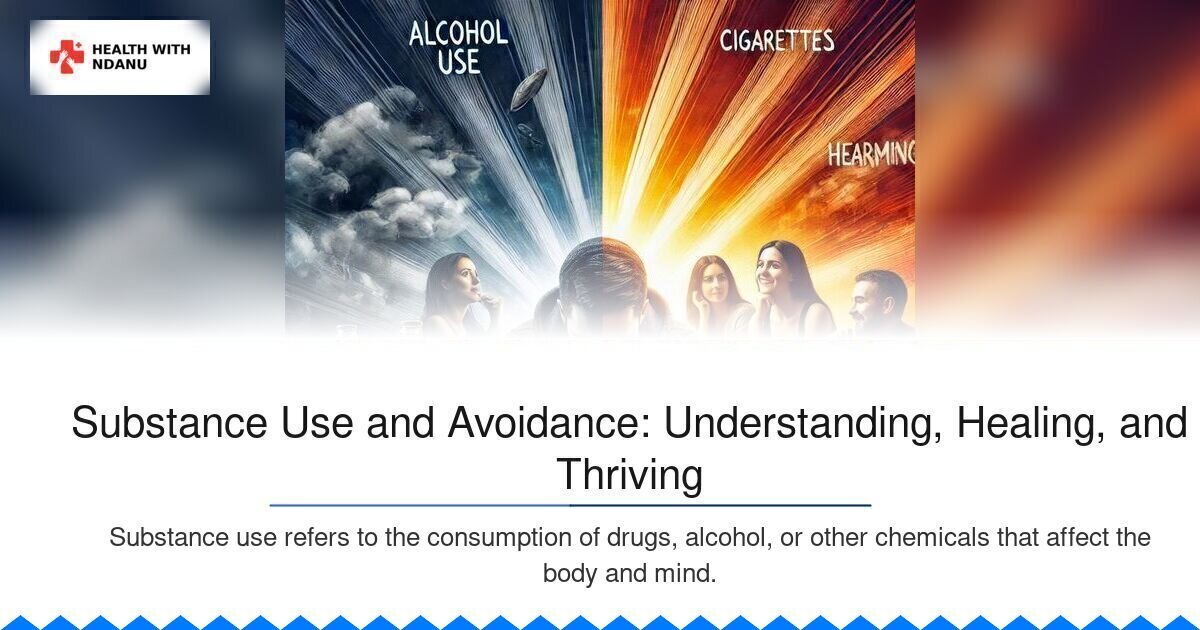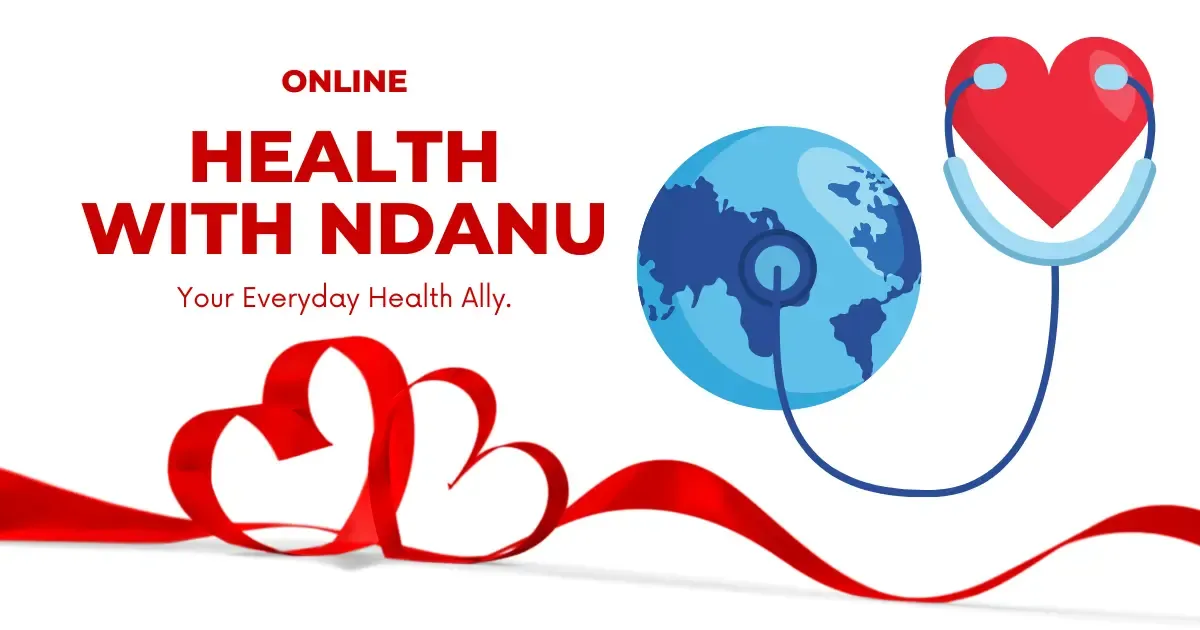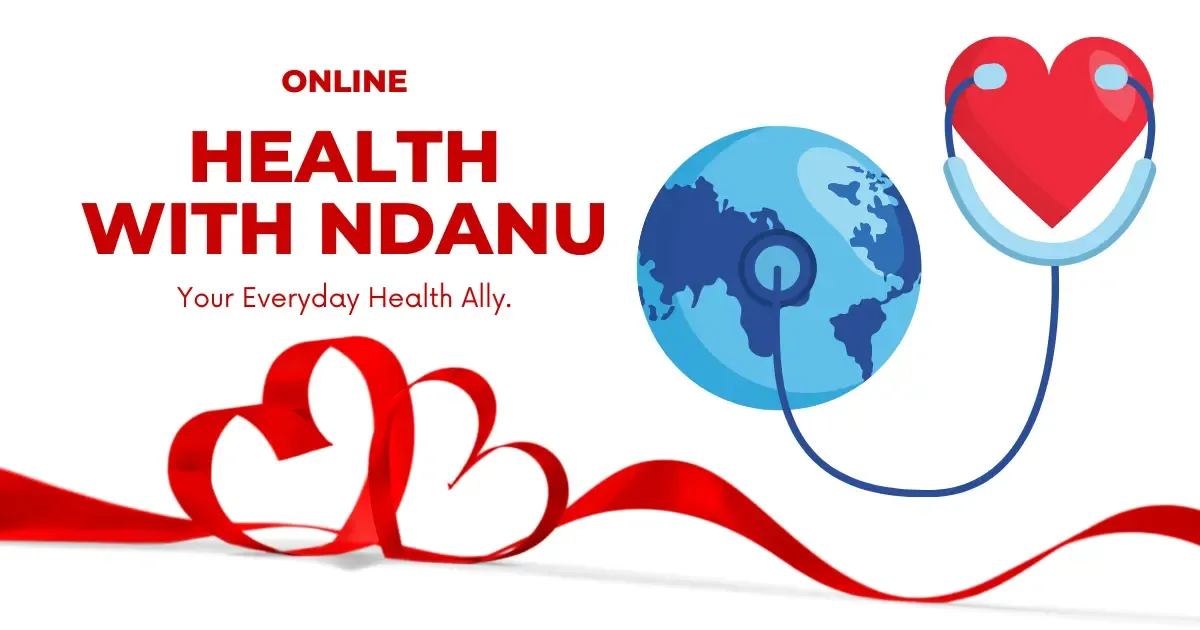Substance Use and Avoidance: Understanding, Healing, and Thriving
- by Diana Ndanu
- 29 December, 2024
- 0 Comments
- 4 Mins
No processed graphic yet.


Introduction
Substance use is a topic that touches nearly everyone, whether directly or indirectly. It could be something as seemingly casual as having a few drinks with friends, or as serious as grappling with addiction to stronger substances. Regardless of where you or a loved one might fall on this spectrum, it’s essential to understand the impact of substance use, why avoiding harmful substances is important, and how to seek solutions if you’re struggling.
Let’s dive into this conversation with empathy and practical advice—because everyone deserves the chance to live a healthy, fulfilling life.
What Is Substance Use?
Substance use refers to the consumption of drugs, alcohol, or other chemicals that affect the body and mind. While some substances, like prescription medications, are meant to help us when used responsibly, others can lead to harmful effects when misused.
Common substances include:
- Alcohol
- Tobacco
- Recreational drugs (e.g., marijuana, cocaine, heroin)
- Prescription medications (e.g., opioids, sedatives)
The problem arises when occasional use turns into dependence or addiction, affecting health, relationships, and overall quality of life.
Effects of Substance Use
Substance use affects individuals differently, but the consequences are often far-reaching. Let’s break it down:
1. Physical Health
- Damage to vital organs (e.g., liver from alcohol, lungs from smoking).
- Increased risk of chronic illnesses like heart disease or cancer.
- Impaired brain function, coordination, and overall fitness.
2. Mental Health
- Increased risk of anxiety, depression, or other mental health disorders.
- Disrupted sleep patterns and emotional regulation.
Dependence leading to withdrawal symptoms when not using.
3. Social and Emotional Impacts
- Strained relationships with family and friends.
- Loss of trust and social isolation.
- Difficulty maintaining responsibilities, like work or school.
4. Financial and Legal Consequences
- Spending excessive money on substances.
- Legal issues like DUIs or possession charges.
Why Avoiding Harmful Substances Matters
Avoiding harmful substances isn’t just about staying out of trouble—it’s about protecting your health and future. Here are some key benefits:
- Better Physical Health: Improved energy levels, stronger immunity, and longer life expectancy.
- Sharper Mind: Better focus, memory, and decision-making skills.
- Improved Relationships: More meaningful connections with loved ones.
- Financial Stability: Saving money and avoiding costly consequences.
Even if you’ve already experimented with substances, it’s never too late to make changes.
Therapy and Treatment Options
If you or someone you know is struggling with substance use, know that help is available. Here are some therapy options to consider:
1. Behavioral Therapy
- Cognitive Behavioral Therapy (CBT): Helps identify triggers and develop healthier coping mechanisms.
- Motivational Interviewing: Encourages individuals to find their own reasons for change.
2. Rehabilitation Programs
- Inpatient Rehab: Offers structured, 24/7 support in a controlled environment.
- Outpatient Rehab: Flexible programs that allow individuals to attend therapy while living at home.
3. Support Groups
- Alcoholics Anonymous (AA): A 12-step program focused on peer support.
- SMART Recovery: Teaches self-management and recovery techniques.
4. Medication-Assisted Treatment (MAT)
Combines medications with therapy to manage cravings and withdrawal symptoms (e.g., methadone for opioid addiction).
Solutions for Prevention and Recovery
Whether you’re trying to prevent substance use or recover from it, these strategies can help:
1. Build a Support Network
Surround yourself with people who uplift and support your journey. Share your goals with trusted friends or family.
2. Find Healthy Coping Mechanisms
- Exercise regularly to release endorphins and reduce stress.
- Practice mindfulness or meditation to manage emotional triggers.
- Pursue hobbies that bring you joy and fulfillment.
3. Educate Yourself
Learn about the risks of substances and how they can impact your life. Knowledge is a powerful deterrent.
4. Set Boundaries
Avoid environments or people that encourage substance use. It’s okay to say no.
5. Seek Professional Help
Don’t hesitate to reach out to a counselor, doctor, or support group if you’re struggling. Asking for help is a sign of strength.
Words of Encouragement
If you’re battling substance use, remember this: You’re not alone. Seeking help doesn’t mean you’ve failed—it means you’re ready to fight for a better life. And if you’re supporting someone who’s struggling, your empathy and encouragement can make a world of difference.
- Substance use and avoidance isn’t just about breaking bad habits—it’s about building a life where you feel strong, happy, and in control. Small steps lead to big changes, and every day is a new opportunity to start fresh.
- So take that first step today. Whether it’s reaching out for help, setting a goal, or simply believing in yourself, you’re already on your way to thriving.
Let’s start this journey together. Share your thoughts or questions in the comments below, and let’s support one another in living our best, healthiest lives!
Got Your Own Experience? Share with us
Popular Categories
Mablogu Zinazobambwa Sana
Daily Newsletter
Get all the top stories from Blogs to keep track.



